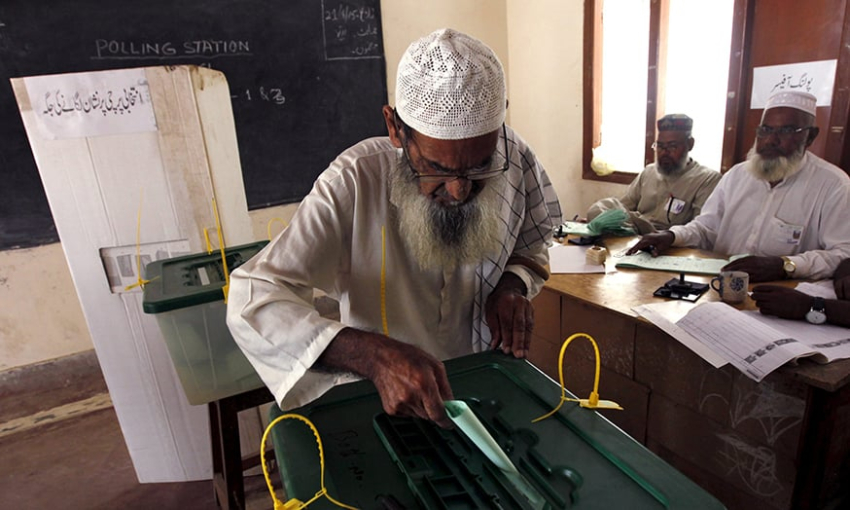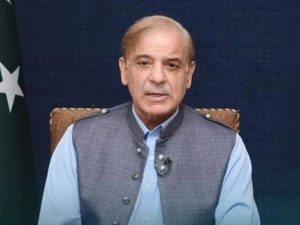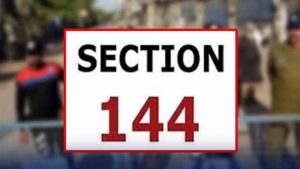LAHORE – Ahmed Bilal Mehboob, the president of Pildat ( the not-for-profit indigenous think tank focussed on political and public policy research) has explained what actually has changed in the nomination forms for the aspiring candidates to contest forthcoming elections.
In one of the articles carried by a leading daily, the official has highlighted the basic contours of the recently implemented Election Act 2017, a brief summary of which is as under:
How many declarations were deleted?
There were some 19 declarations which a candidate for the National Assembly or Provincial Assemblies or the Senate was required to make in the nomination form. These declarations have been deleted from the form under the new law (Elections Act, 2017).
Some examples of declarations deleted?
The previous nomination form included a declaration on outstanding loans from any bank or financial institution, etc. in the name of a candidate, his/her spouse or any dependent but the declaration has been omitted in the new form.
So are the declarations on default in payment of government dues or utility charges,companies owned and foreign travel undertaken during the past three years. Declarations about some basic information such as educational qualifications and the occupation of the candidate have also been deleted from the nomination form.
The previous nomination form required candidates to declare under oath a list of criminal cases against them; this declaration is no longer required. Candidates were also required to submit the details of the income tax and agriculture income tax they paid during the past three years. No such declaration is required in the new nomination form.
They were supposed to submit declarations of the amount of money received from or paid to a political party which awarded the ticket to the candidate. These declarations have been omitted in the new nomination forms.
The previous nomination form also included a declaration about the Pakistani citizenship of the candidate and that he/she has neither acquired nor applied for the citizenship of a foreign state. This declaration is also missing in the new form.
Were Nomination Forms responsibility of the ECP?
The nomination forms were previously covered by the Election Rules which were framed and amended by the ECP. But under the new law, the nomination forms have been included in the Elections Act 2017 so only Parliament can amend these forms.
Why declarations are important?
It needs to be emphasised that all the declarations by the candidates which were a part of the old nomination form and which have now been omitted are important for a voter to enable him or her to decide who to vote for.
We have large constituencies of an average 357,000 voters in each National Assembly constituency and it is impossible for voters to personally know the candidates. Declarations in the nomination forms are the best way to get authenticated information about the candidates.
Transparency regarding those seeking public office is one of the basic requirements for democratic system to work satisfactorily. Any effort to curtail the level of transparency will compromise the basic principles of democracy. Unfortunately, deletion of these important declarations has done just that — compromised the fundamental principle of democracy by curtailing the transparency about the candidates running for public office.
No Political Party submitted a note of dissent!
It is somewhat surprising that such significant curtailment of transparency was allowed by Parliament even while almost all political parties were represented in the Parliamentary Committee on Electoral Reforms and its subcommittee through their ablest legislators.
Five notes of reiteration or dissent were submitted by the members of the PCER on behalf of their respective political parties at the time of submission of the final report to Parliament but none of these notes relates to the declarations deleted from the nomination form.
Media and Civil Society woke up to it rather late – after LHC judgment
It is even more surprising that national media and civil society were not able to detect such a serious reversal of the candidates’ transparency in time. There have been only a few vague and fleeting references to the deletion of the declarations in the media but no serious questions have been raised about this reversal.














